Filming in Australia: Your Guide to Incentives, Infrastructure, and the Future of Production Down Under
Jane Corden
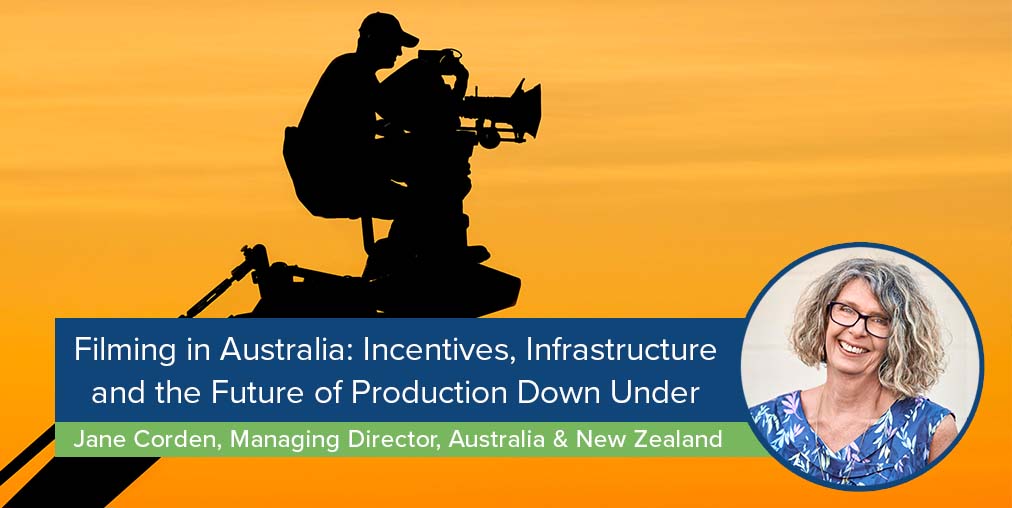
Australia has had a significant role in the history of cinema, dating back to the production widely considered the world’s first feature film, ‘The Story of the Kelly Gang.’ Produced in Melbourne in 1906, the silent film was groundbreaking for its time, utilizing innovative techniques, production design, and clocking in at an impressive 70 minutes, three-times as long as the common films of the day. Since then, Australian directors, actors and other industry professionals continue to shape the landscape of international cinema, and their presence across various sectors of the industry reinforces Australia’s reputation as a hub for filmmaking talent.
Australian directors like George Miller (‘Mad Max’ series, ‘Happy Feet’), Baz Luhrmann (‘Moulin Rouge!’, ‘The Great Gatsby’), Peter Weir (‘Gallipoli,’ ‘Dead Poets Society’) and Phillip Noyce (‘Patriot Games’, ‘Clear and Present Danger’, ‘Rabbit-Proof Fence) are among the most renowned filmmakers to have called Australia home. Their unique filmmaking styles and compelling storytelling exemplify the great deal of talent coming from Down Under.
Award-winning Australian cinematographers like Dean Semler (‘Dances with Wolves’), Andrew Lesnie (‘Lord of the Rings’ and ‘The Hobbit’ trilogy), and Greig Fraser (‘Lion,’ ‘Dune,’ ‘Zero Dark Thirty’) have also made their mark on the global film industry with their exceptional work behind the camera. And Actors including Nicole Kidman, Hugh Jackman, Geoffrey Rush, Cate Blanchett, and Margot Robbie, began their careers in Australian films before attaining international fame and prestigious awards spanning Oscars, Golden Globes and BAFTAS for their performances.
Over 100 years later, 2016 marked another milestone for Australian film, with a total of 14 individuals receiving nominations for the Academy Awards, and ‘Mad Max: Fury Road’ emerging as Australia’s most successful film at the Oscars. Nominated in 10 categories and earning 6 awards, George Miller’s achievements underscored Australia’s continued success on the global stage.
Governing Australia’s film industry
Direct government support has been the significant form of film funding for Australian productions since the country’s Film Revival in the 1970s. This era of resurgence began when two prime ministers established agencies to assist with the funding of film production, leading to the formation of the South Australian Film Corporation, which was dedicated to promoting and creating films, and the Australian Film Commission (AFC), which supported the production of internationally competitive films.
In 2008, three government-backed agencies– the Film Finance Corporation Australia, the AFC, and Film Australia– were consolidated into Screen Australia, the Australian Federal Government's funding body for the nation’s screen production industry. Today, Screen Australia not only supports the development, promotion, and distribution of Australian narrative and documentary screen content but also plays a role in promoting Australian culture through storytelling on screen. Even regionally, each Australian territory operates its own screen agency, offering funding and assistance to local filmmakers and industry professionals. Examples include Screen NWS, Screen Queensland, VicScreen and Screenwest.
Australia’s film tax incentives
Recognizing the economic advantages that screen production brings to Australia and Aussies working in the industry, the federal government implemented the Australian Screen Production Incentive in 2007 to enhance screen production. Over time the Incentive has expanded, with continuous government support and advocacy from government-industry partnerships. Today, the Incentive comprises three distinct offsets.
- Producer Offset: a rebate for producers of Australian feature films, television and other projects; 40% for feature films and 30% for other content.
- Location Offset: a 30% offset (increased from 16.5%) on Qualifying Australian Production Expenditure (QAPE) designed to encourage large-budget productions to film in Australia. This Offset can be combined with state, territory, and local government incentives.
- Post, Digital and Visual Effects (PDV) Offset: a fixed rate of 30% of Qualifying Australian Production Expenditure (QAPE) related to PDV activity on an eligible film or television project, regardless of where the project is shot, and can be combined with up to 15% from state and government territory incentives. A production must use one or more Australian providers to deliver post, digital and visuals effects for the production.
Expansion of Australia’s Location Offset and PDV Offset
The Location Offset was recently increased to 30% as part of the 2023-2024 national budget, and with no annual cap or sunset date, the incentive is sure to create stability for both international film and TV productions, as well as solidifying Australia’s position as a leader in the international screen industry.
New changes to the Offsets include a requirement for productions to use one or more Australian providers to deliver post, digital and visual effects for the production, as well as new reporting requirements in the application process, to capture data on employment of Australian crew and use of Australian businesses. However, it doesn’t stop there.
A training component in the incentive requires productions to meet minimum training obligations or contribute to the broader workforce and infrastructure capacity. Over the past five years, 40 international productions have generated 22,200 job opportunities and provided work for more than 23,500 Australian businesses. As additional private investment flows into the country’s film industry, it inevitably means more prospects for training and expansion within the workforce.
Entertainment Partners (EP) is actively helping productions satisfy the training requirement through various training partnerships. As Managing Director of EP’s Australia and New Zealand Operations, and former CEO of Moneypenny, which EP acquired in 2022, I specialize in production incentives, payroll, and production accounting, leveraging my local knowledge to support EP’s clients in investing in Australia’s film industry.
Our Australia and New Zealand team are providing a long-term solution to the shortage of production accountants in the industry by training both production accountants and assistant accountants to take on the financial management of film projects. The intention behind the training is to genuinely build the industry; those who undergo training will not only work on one project but will be involved in multiple projects, benefiting the industry at large.
Australia’s filmmaking infrastructure
Australia is home to several world-renowned film studios and production facilities, including Disney Studios Australia (Sydney), Village Roadshow Studios (Queensland), Adelaide Studios, Docklands Studios (Melbourne), and Screen Queensland Studios. These studios offer filmmakers access to state-of-the-art technology, equipment, sound stages, and several facilities dedicated to post-production services. Notable productions that have chosen Australia as their filming location include ‘Thor: Love and Thunder’ (Disney), ‘Elvis’ (Warner Bros), ‘Godzilla vs. Kong 2’ (Legendary Pictures), ‘Aquaman’ (Warner Bros) and the Netflix series ‘Heartbreak High.’
Along with traditional facilities, Australia’s federal and state governments are investing in the construction of virtual production stages. The Victorian government, for example, recently provided over $12 million towards NantStudios’ construction of the world’s largest permanent LED volume—high-tech digital screens that display background environments and visual effects on set—at Docklands Studios Melbourne. Additionally, there are two other volumes at NantStudios utilizing similar technology for close to 360-degree filming. Such virtual production techniques were used in the feature films ‘Thor’ and ‘Ice Road 2,’ and Disney series ‘The Mandalorian.’
Australia boasts of a well-developed film infrastructure that provides a supportive environment for filmmakers and contributes to the expansion of the film industry, both domestically and internationally. As the region continues to expand its infrastructure, Australia is poised to attract even more global film business in the future.
Why film in Australia?
Several features attract filmmakers to the region, including Australia’s unique locations, rich cultural heritage, highly skilled crews and first-rate facilities.
From the rugged Outback of Baz Luhrmann’s ‘Australia’ (recently reimagined as the six-part limited series ‘Faraway Down’ (Hulu), to the iconic urban scenery of Sydney in ‘Mission Impossible 2,’ Australia’s diverse and stunning landscapes offer a captivating backdrop for storytelling. And Australia’s strong cultural identity has resonated with both local and global audiences, as exemplified by the enduring success of Paul Hogan’s ‘Crocodile Dundee,’ which stands as Australia’s highest-grossing film to date. Australia also doubles for many cities and landscapes around the world; since the Locations Offset does not require the set location to be recognisably Australia, films such as ‘The Great Gatsby’, ‘Thor,’ ‘The Matrix,’ ‘Babe,’ ‘Elvis’ and tv-series ‘La Brea’ are just a few examples of productions utilizing Australia as a backdrop.
More recent films, however, have delved deeper into Australia’s unique cultural identity, tackling issues such as indigenous rights, racial discrimination, and the resilience of Indigenous people of Australia. Films like Philip Noyce’s ‘Rabbit-Proof Fence,’ Wayne Blair’s ‘The Sapphires’, and Warwick Thornton’s ‘Samson & Delilah’ and ‘Sweet Country’ explore these nuanced cultural themes and perspectives, offering viewers a deeper understanding of Australian society, history, and identity.
Australia also has several esteemed film schools and training institutions that are preparing aspiring filmmakers for the real-world environment through hands-on and intensive programs. Institutions like the Australian Film, Television and Radio School (AFTRS), Griffith Film School, and the Victorian College of the Arts (VCA) are a few of the many locations providing education, training opportunities and internships in the field.
Last year Screen Australia launched three new industry development programs for below-the-line (BTW) roles: BTL Next Step; Production Crew Skills Training Fund; and the Transferable Skills & Returning Crew Training Fund, in addition to $1.7million of industry development funding. These programs were designed to develop as many BTW crew roles as possible, particularly in sectors facing shortages, and provide individuals with the chance to transfer their skills from other areas of the screen industry.
EP is your production partner in Australia
Is your production headed Down Under? Learn more about Australia’s Offsets and how EP can help your production maximize the incentive offerings. Check out our Master Series webinar and our incentives tools, including the jurisdiction comparison and incentives estimator! Our dedicated team on the ground in Australia is ready to support your project from script to wrap. Reach out to us today to learn more about how Entertainment Parnters can work with your Australian procuction.
Related Content

Is New Jersey the New Hotspot for Filming on the East Coast?

Unlocking the Myths and Benefits of Co-Production
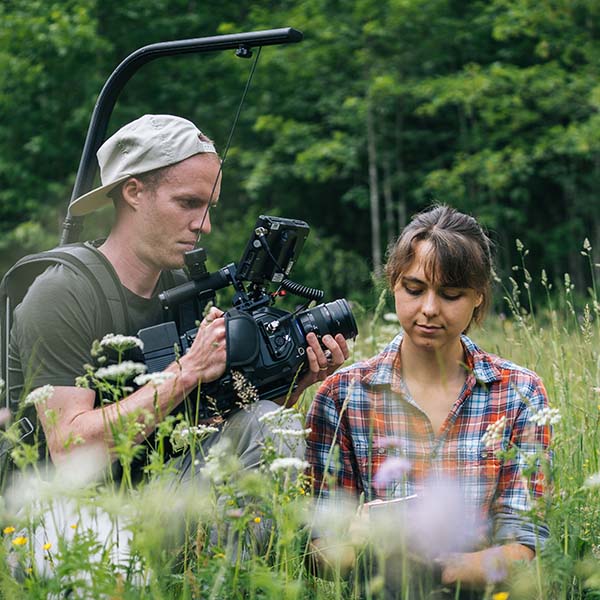
Regional Success: Why Small UK Hubs Aren’t Afraid of Big Productions
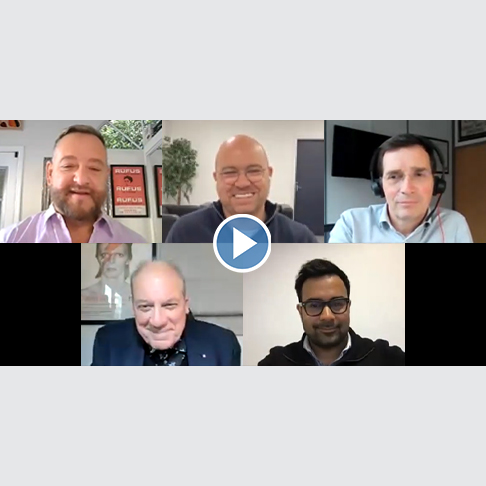
UK Production: Sites, Services and Studios
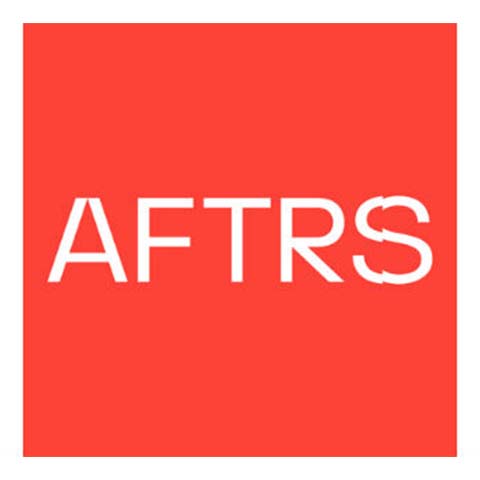
Navigating the Screen Industry: A Deep Dive into Production Accounting

Boost Your Budget with the Independent Film Tax Credit

Entertainment Partners Offers Production Accounting Training Courses with AFTRS and ACE

Credits Where Credits Are Due
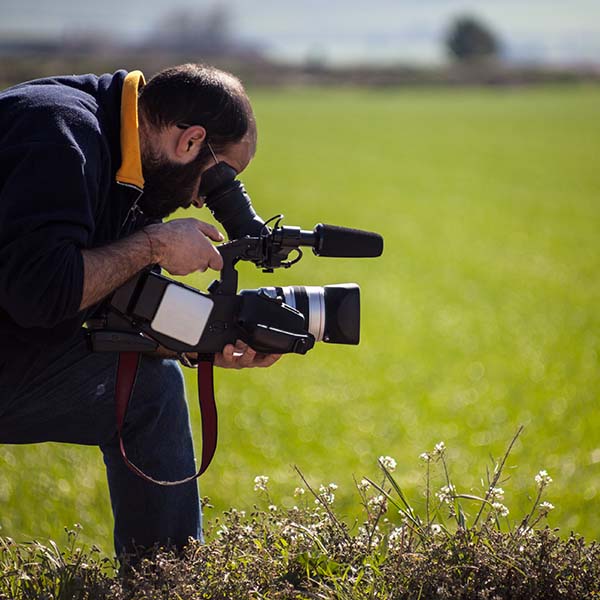
HMRC Announces Changes to Claiming UK Creative Sector Tax Incentives

Indie Producer’s Playbook: Setting Up a Successful Production

Curious About Co-productions? What Producers Need to Know.

Georgia Film Tax Credit Bill Fails

Small Budget, Big Dreams: Landing the Perfect Location for Less

Japan's Latest Film Tax Incentive Sets the Stage for Global Productions
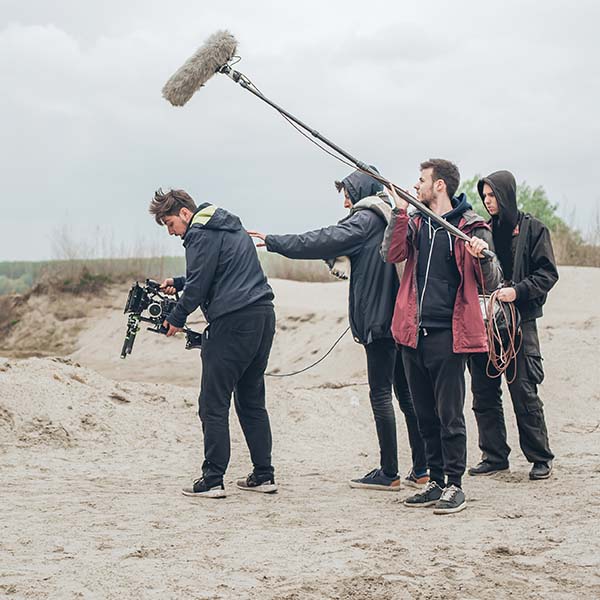
What Does the UK’s New Independent Film Tax Credit (IFTC) Mean for Productions?

Entertainment Partners Hosts 'An Independent Producer's Survival Guide' in Park City

5 Things to Consider Before Transitioning to the UK’s New AVEC Regime
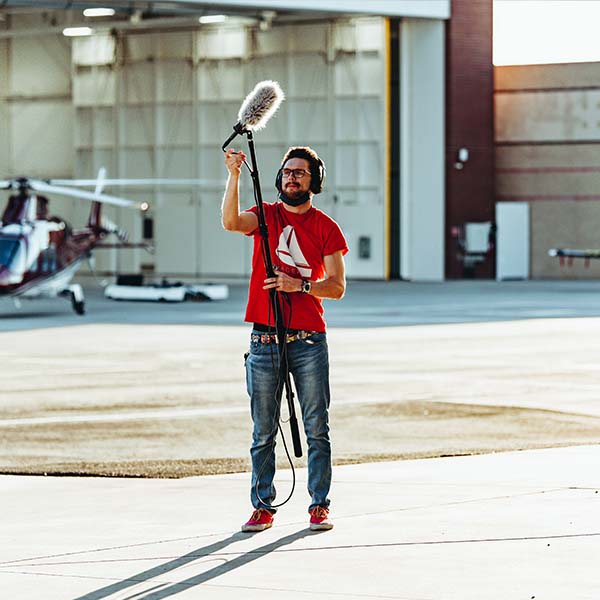
Production Incentives Update: December 2023

The Ongoing Push to Stem the Production Accountant Shortage

Production Incentives Update: November 2023

SXSW Launches in Australia with Premiere of Baz Luhrmann’s ‘Faraway Downs’

Minnesota: Land of 10,000 Opportunities

Production Incentives Update: October 2023

Minnesota Becomes Land of 10,000 Opportunities with New Incentive Launch

GA Incentives Insider: Your Questions Answered

Production Incentives Update: September 2023

Spotlight: Sam Collett, UK Production Accounting and Incentives Expert

What's Changing in UK Production Incentives

Understanding the UK Cultural Test

